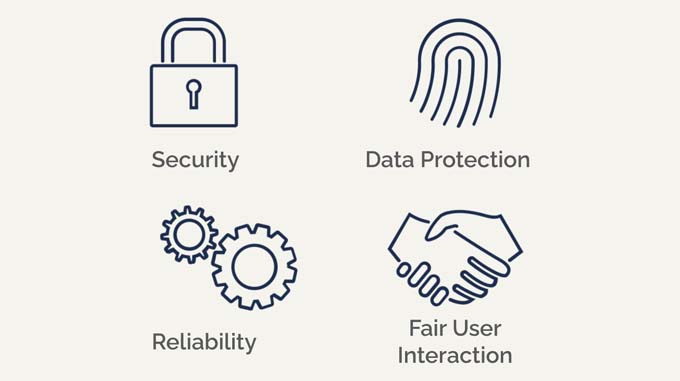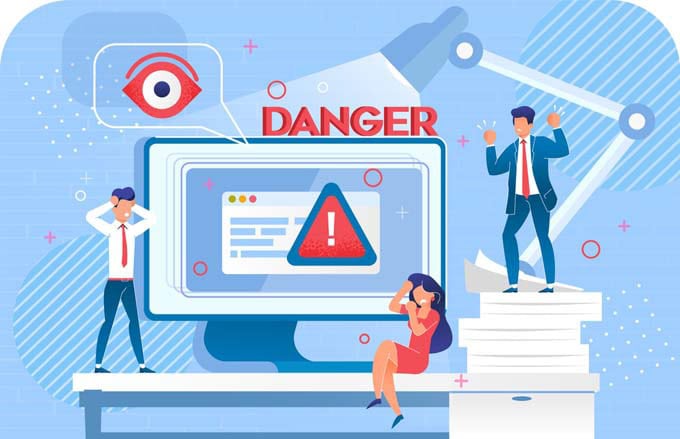Digital Trust Label now also for trustworthy AI
The first tool is launched in Switzerland to help companies use artificial intelligence (AI) in a trustworthy and responsible manner. The Digital Trust Label (DTL) is a response to the growing mistrust of users and increasing regulation.

The Digital Trust Label (DTL) was launched in January 2022to promote trust and transparency in digital services. Building on this, the list of criteria has now been expanded to better incorporate AI. This was done in a comprehensive and collaborative process with partners and the Digital Trust Expert Group. "Similar to an organic label or a nutritional value table, the Digital Trust Label acts as a seal of trust for the digital world," explains Doris Leuthard, President of the SDI Foundation Board. "With this updated set of criteria, the DTL is now AI-ready and closes the current gap between the increasing demand for AI and evolving regulation. The DTL enables companies to advance the use of AI in a trustworthy manner."
Verifiable catalog of criteria
The updated set of criteria serves not only as a basis for DTL certifications, but also as guidance for organizations that want to harness the potential of AI in a responsible and trustworthy manner while protecting the end users of AI-powered digital services. As AI continues to evolve, the SDI will also publish further guidance. This expansion will make the DTL an important tool for digital service providers to maintain and build user trust, especially when using generative AI (GenAI). In the face of increasing regulations around the world and the proliferation of principles, the DTL remains unique in that it operationalizes abstract values and principles in a verifiable set of criteria. As regulations and standards catch up, the DTL offers a solution that already increases transparency for end users of digital services.
If you want to benefit from AI, you have to be trustworthy
Since its foundation in 2020, the SDI has been working on the topic of digital trust, a topic that is becoming even more important with AI. The question of
Trustworthiness of AI systems and the integrity of data inputs and outputs slows down acceptance and fuels mistrust among users and companies alike. Building on the proven DTL criteria catalog, the additional criteria specifically address the trust issues raised by AI and GenAI. Along the existing DTL dimensions - security, privacy, reliability and fair user interaction - the AI-specific criteria mention, for example, information and transparency obligations towards end users, risk management procedures, address biases in algorithmic systems and ethical considerations regarding training data.
A practical and pragmatic solution in a time of uncertainty
Since the Swiss Digital Initiative was founded, the non-profit foundation based in Geneva has been working on putting ethical principles into practice and bringing together experts, practitioners and providers of digital services in a collaborative process. The Digital Trust Label puts the end user of digital services at the center and provides digital service providers with a tool to clearly communicate their adherence to trustworthy practices. Organizations that have already received the DTL for a digital service include Cisco, Credit Exchange, Julius Baer, Kudelski IoT, OneLog, PeopleWeek, Swisscom, Swiss Post, Swiss Re, Tresorit, UNICEF and Wefox. The DTL can also be licensed as a functioning audit system, which is an interesting option for companies that want to certify the trustworthiness of digital services.
Source and further information: Swiss Digital Initiative









